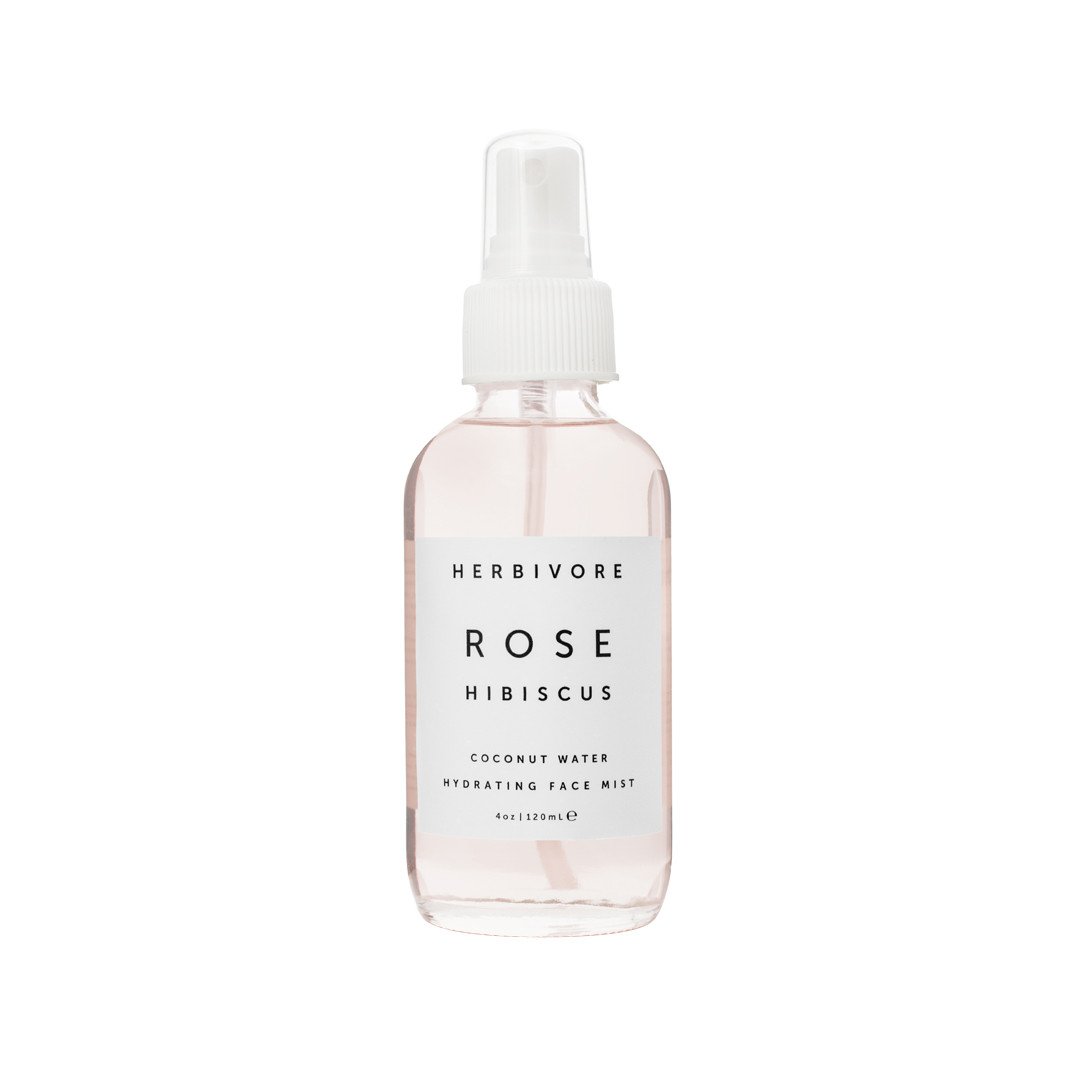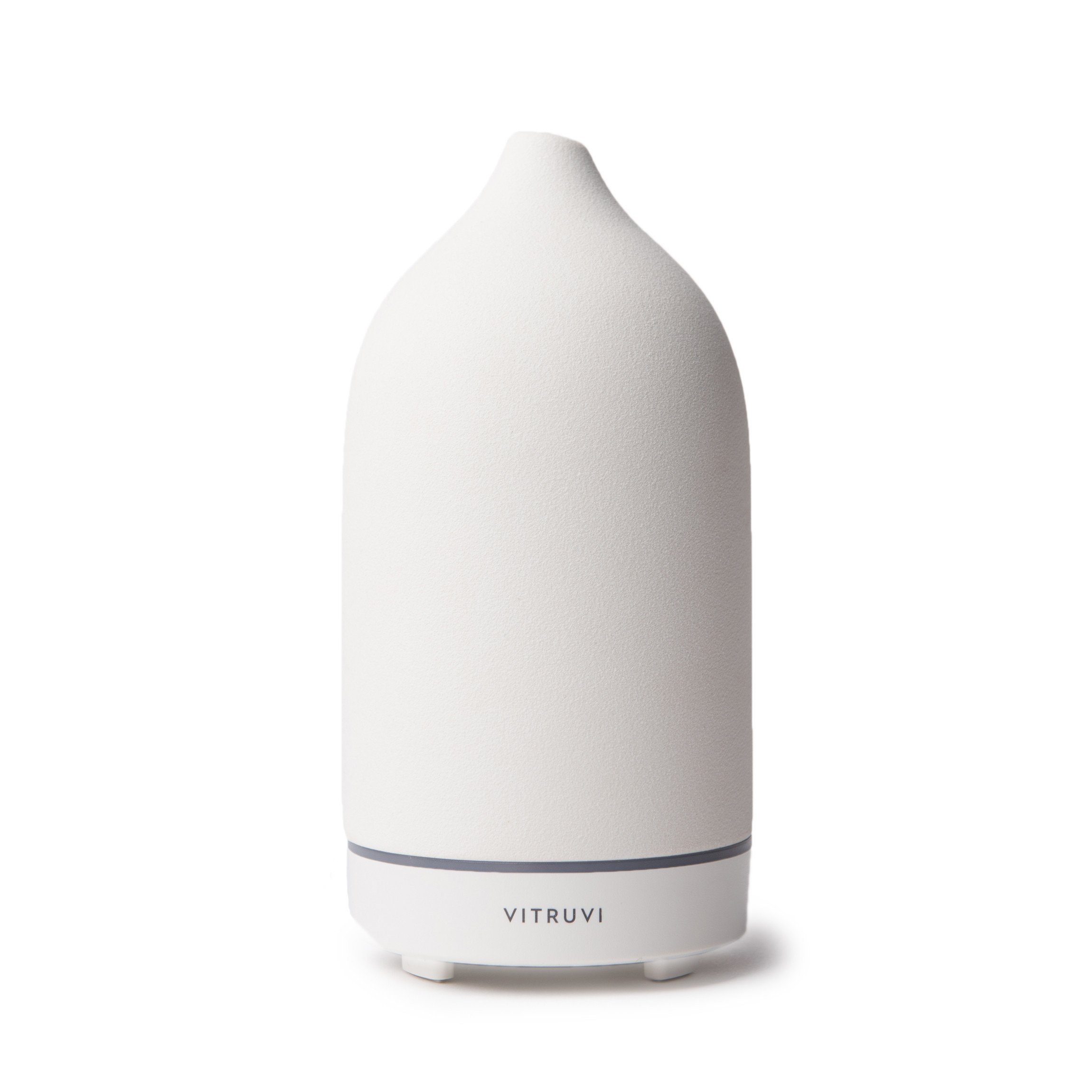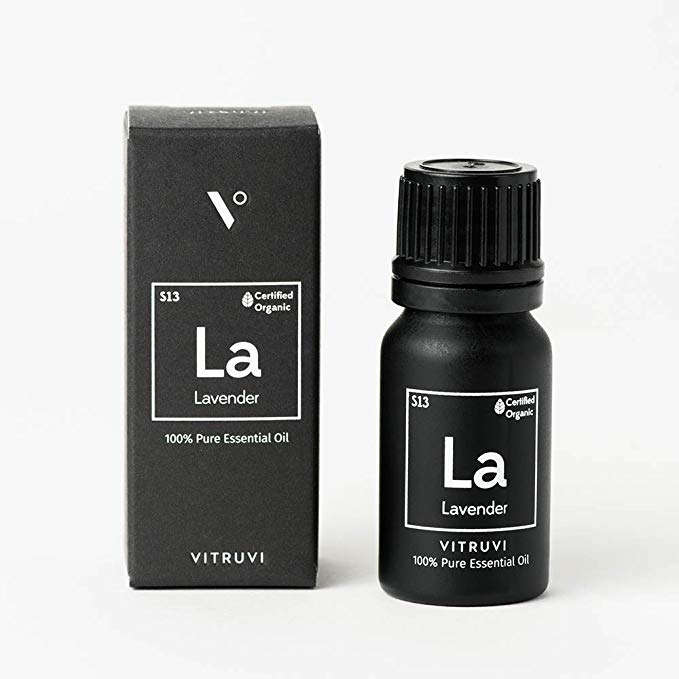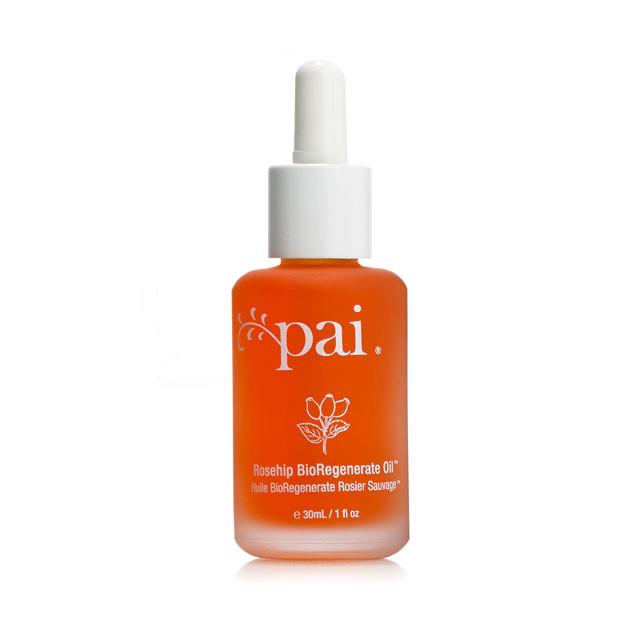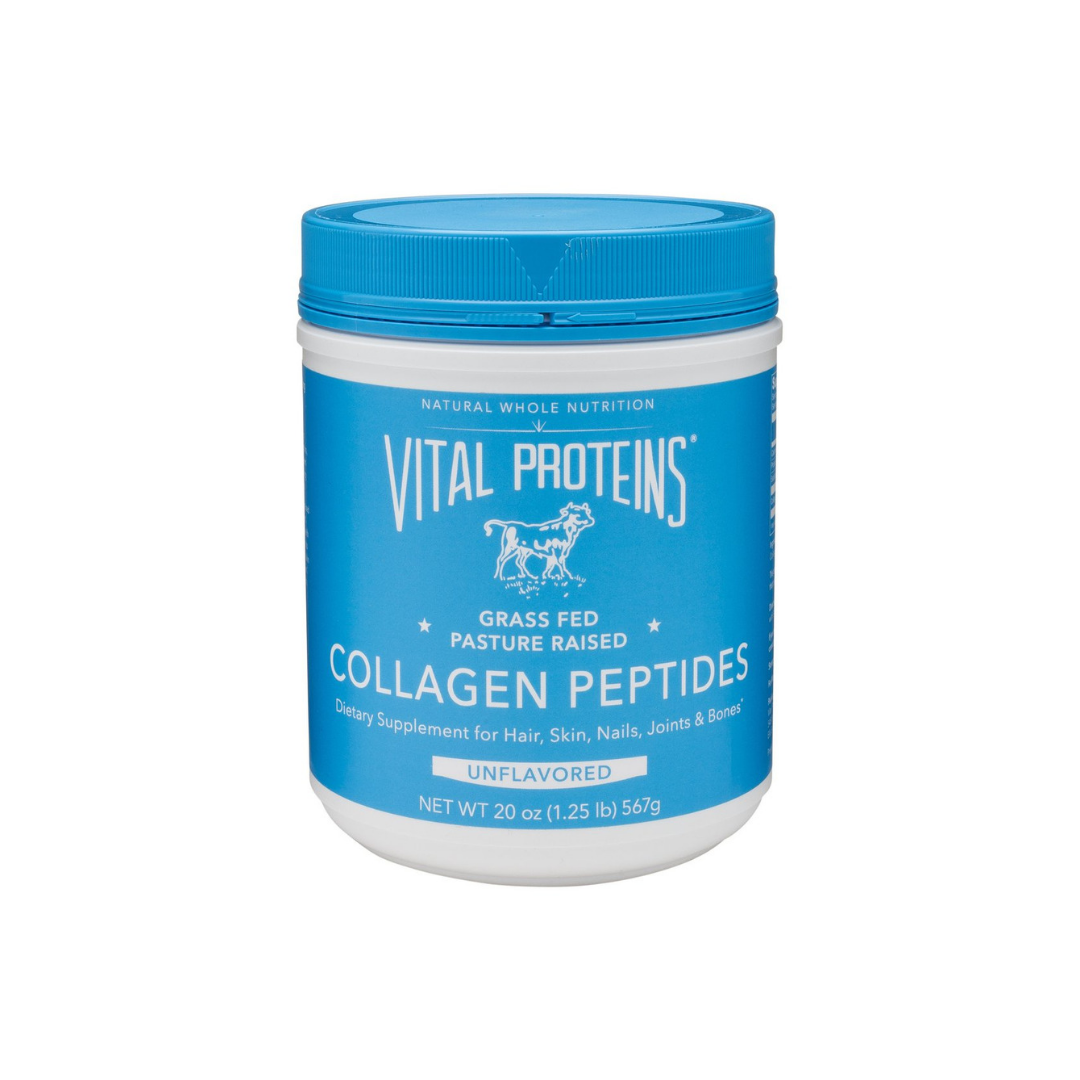3 Nutrients you Need to Boost your Immune System
It's already hard enough to to stay motivated, active, and productive, and being sick can really throw you off your game. Thankfully, there are a lot of simple changes you can make to your diet that will help boost your immunity to fight off those persistent colds.
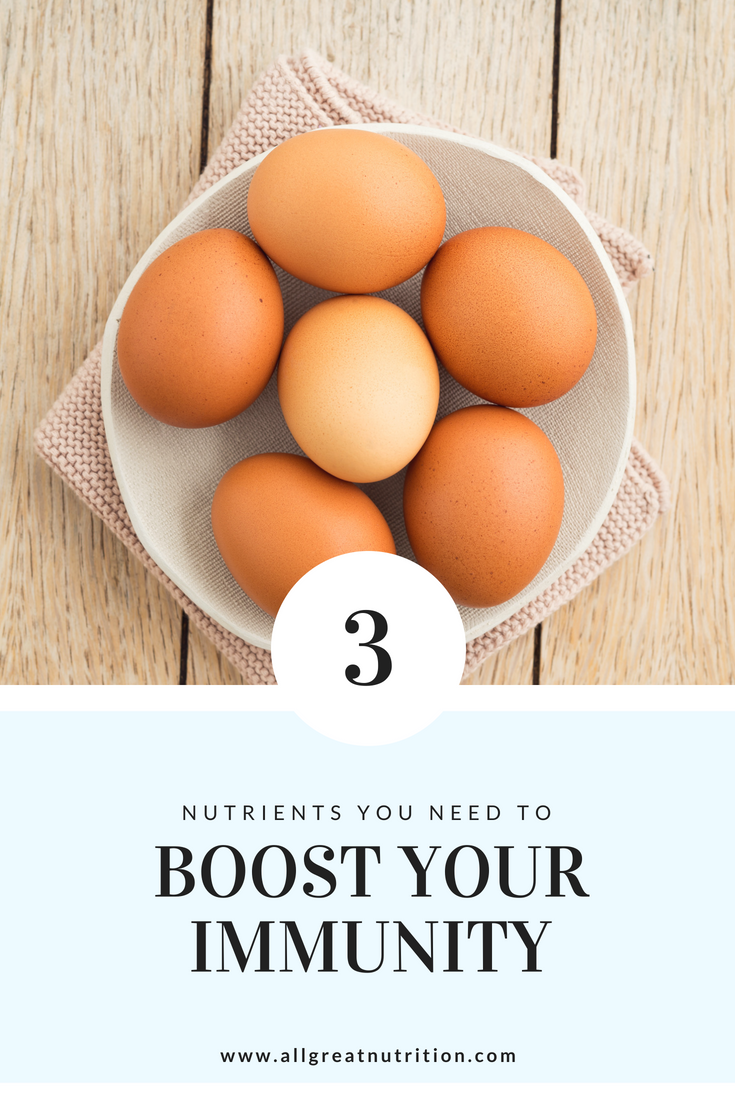
01 - PROBIOTICS
While they aren't exactly a nutrient per se, probiotics are super awesome and incredibly important to pretty much every aspect of our health. Probiotics are defined as live microorganisms that benefit the overall health of their host. Yes, we are the host to billions of little organisms that help us survive and thrive! There is a ton of research currently being done in the area of probiotics, and scientists are even predicting that they will be the future of medicine. While the many functions and benefits of probiotics have yet to be discovered, we do know that these microscopic bugs play a big role in strengthening our immune system.
THE SCIENCE BEHIND PROBIOTICS AND IMMUNITY
The Lactobacilli and Bifidobacteria species of probiotics are among the most well-researched and commonly consumed microorganisms to date. These little guys are found in fermented foods like yogurt and kimchi. Once ingested, probiotics must survive the extremely acidic contents of the stomach and make their way to the intestines where they work their magic. Here, they interact with various receptors on the intestinal cells and modulate both the innate and adaptive immune responses. The innate immune response protects the skin, eyes, respiratory tract, gastrointestinal tract, and reproductive organs. The adaptive immune system produces antibodies that attack foreign invaders in your body (like the flu virus). Probiotics stimulate the production of antibodies (components of the adaptive immune system), which kill harmful microbes. They also strengthen the lining of the gut, which protects your gastrointestinal tract from being harmed by bad bugs. Probiotics also boost your immunity by decreasing inflammation in the body. These little guys are so powerful that they may even prevent and/or treat some inflammatory bowel disorders, gastrointestinal infections, and allergic responses. Probiotics are clearly an immune-boosting POWERHOUSE, but keep in mind that the benefits of probiotics to the immune system are dependent on the specific strain, dose, route, and frequency of delivery.
THE BEST FOOD SOURCES OF PROBIOTICS
- Grass-fed, organic yogurt (cow, sheep or goat's milk depending on your tolerability)
- Grass-fed, organic kefir (cow, sheep or goat's milk depending on your tolerability)
- Unpasteurized sauerkraut
- Kimchi
- Non-GMO, organic, fermented soybean products (tempeh, miso, natto)
Remember, the vast majority of people do benefit from adding probiotic-rich foods to their diet, but they are not for everyone. If you are considering taking a probiotic supplement, message me about the specific probiotic strain and dose that is right for you.
02 - VITAMIN A
One of the earliest signs of even a mild vitamin A deficiency is a decreased ability to fight of infections, especially respiratory infections. Vitamin A also supports and strengthens vision, reproduction, bone growth, and immunity. It is an essential vitamin, which means that our bodies cannot make it from our own nutrient stores. The only way to get enough of this immune-boosting nutrient is to make sure your diet is full of it!
THE SCIENCE BEHIND VITAMIN A AND IMMUNITY
Vitamin A strengthens both the innate and adaptive immune systems of the body. Carotenoids (a type of vitamin A found in plant foods) are also an incredibly powerful antioxidant, which helps you fight inflammation. Like most nutrients, the best way to get your vitamin A is from food and NOT supplements. Vitamin A supplementation is especially prone to causing toxicity, and over-supplementation can actually weaken the immune system. The good news is that the food sources of vitamin A are safe and effective in meeting your needs. They also happen to be very colorful and delicious!
THE BEST FOOD SOURCES OF VITAMIN A
There are two main dietary sources of vitamin A: carotenoids (found in plant foods) and retinoids (found in animal foods).
Retinoids
- Beef liver
- Herring
- Cow's Milk (fortified with vitamin A)
- Shrimp
- Eggs
- Salmon
Carotenoids
- Sweet potatoes = the best source of vitamin A there is!
- Carrots
- Spinach
- Kale
- Mustard greens, collard greens, turnip greens, beet greens
- Swiss chard
- Winter Squash
VITAMIN D
Vitamin D is probably one of the most exciting and interesting "nutrients" there is! This "vitamin" is technically not a vitamin at all. Vitamin D actually functions more like a hormone than a vitamin in your body. It attaches to receptors in our tissues and activates certain genes that causes changes in the way our tissues function. Vitamin D is best know for its bone health benefits, but it also plays a critical role in strengthening our immune system (it may also reduce prostate cancer risk, type 1 and type 2 diabetes risk, multiple sclerosis, hypertension, and more). Studies have found that vitamin D modulates both the innate and adaptive immune response. This very powerful "vitamin" signals your body to create immune-boosting compounds, like certain antimicrobial proteins and other cells responsible for protecting your body from getting sick. Vitamin D may be especially protective for people with autoimmune disease, in which the immune system mistakenly attacks itself, causing inflammation and eventual tissue destruction.
HOW TO GET ENOUGH VITAMIN D
Our bodies create vitamin D when we soak up UV rays from the sun. Unfortunately, there are very few food sources of vitamin D and most people don't get enough vitamin D from the sun to meet their needs. Vitamin D deficiency is very common among breastfed infants, older adults, people with limited sun exposure, people with dark skin (melanin blocks vitamin D activation), people with fat malabsorption, and people who have a BMI > 30 (which classifies them as obese) or have undergone gastric bypass surgery. That's a lot of people!
Sunlight
If you have access to regular sunlight, the recommendation for sun exposure is 5 - 15 minutes, 3 - 4 days per week. Exposure to sun in the morning or late afternoon provides a good source of vitamin D and is less damaging to the skin.
Supplements
If you fall into one of these categories of people who are at risk for vitamin D deficiency/if you have been diagnosed with vitamin D deficiency, then you are a good candidate for a supplement. Vitamin D is among the very few nutrients that I recommend getting from supplements, especially if you don't get much sun exposure. My favorite product is Thorne Vitamin D/K2 drops (note - vitamin K interferes with the effect of anticoagulant drugs like Coumadin, the concurrent use of these agents should be avoided).
Food Sources
Although there are very few food sources of vitamin D, you can still optimize your vitamin D intake by adding in some of these foods.
-
Sun-dried shitake mushrooms
- Cod liver oil
- Salmon
- Mackerel
- Sardines
- Vitamin D fortified milk and yogurt
- Beef liver
- Egg yolks
What are some of your favorite immune-boosting secrets? Share your thoughts and questions in the comment section.
XO Tamar
AFFILIATE DISCLOSURE
This post may contain affiliate links, which means that All Great Nutrition may receive a percentage of a product or service you purchase using the links in the post. You will pay the same price for all products and services, but your purchase helps support our ongoing work to help others be healthy and happy. Thanks for your support!
KEEP READING...

TAMAR SAMUELS, MS, RDN, NBC-HWC
Thanks for checking us out! The All Great Nutrition Blog is your go-to source for expert nutrition and wellness info, tips and tools for feeling great. Our mission is to create an online health community that supports you in feeling empowered, confident and positive about your health. Have fun exploring and contact us if you have any topics you want us to cover!
